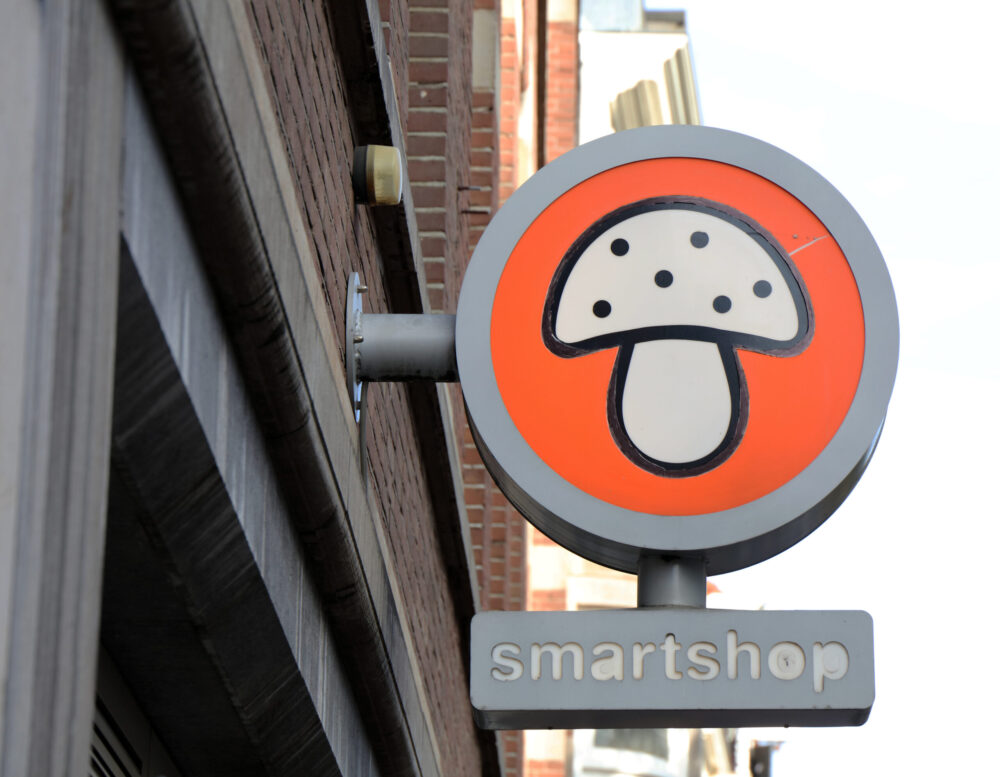THANK YOU!
We sincerely appreciate your generous donation to Entheology Project Inc. As a 508(c)(1)(a) non-profit religious organization, your donation is tax deductible. You will receive an email confirmation for your records, which can be used for tax purposes. Your support helps us continue our mission and make a meaningful impact!
Billing Information
Your credit card will be billed under "Entheology Project Inc." with the description "Donation." If you have any questions or need further assistance, please do not hesitate to contact us. Thank you once again for your support!
Best Regards,
EP Support
info@entheo.info
Looks like there was a problem processing donation.
Mushroom Regulation: Avoiding the Amsterdam Catastrophe and Involving Religious Organizations
By Rev

Summary
The Amsterdam Catastrophe in 2008 serves as a valuable lesson for the United States in creating a balanced regulatory framework for psilocybin use. The key lessons from this incident include comprehensive education and information dissemination, strict age restrictions, regulating the sale and distribution, support and resources for mental health, and the involvement of religious organizations. By learning from this experience and integrating religious organizations into the process, the United States can create a responsible environment for psilocybin use, respecting its spiritual and therapeutic potential while avoiding similar catastrophes in the future.
Introduction:
In 2008, Amsterdam experienced a significant event that forced the city to rethink its regulations on magic mushrooms, or psilocybin-containing fungi. The so-called “Amsterdam Catastrophe” followed an increase in the number of incidents and emergencies related to mushroom consumption by uninformed or reckless users. The United States, where psilocybin use is gaining momentum, must now learn from Amsterdam’s experience to create a more effective regulatory framework. An important aspect to consider is the role of religious organizations that provide access to psilocybin for spiritual and therapeutic purposes.
The Amsterdam Catastrophe:
In 2008, a 17-year-old French girl, under the influence of magic mushrooms, jumped to her death from a bridge in Amsterdam. This tragic event led to a public outcry, with many calling for stricter regulations on psilocybin sales and consumption. In response, the Dutch government banned the sale of fresh magic mushrooms in smartshops, allowing only the sale of “magic truffles,” a less potent form of the substance.
Learning from Amsterdam and Engaging Religious Organizations:
The United States can learn from the Amsterdam Catastrophe and establish a more balanced approach to psilocybin regulation, involving religious organizations that advocate for the responsible use of psilocybin. Here are five key lessons that can guide the United States in creating a better regulatory framework for psilocybin:
- Comprehensive Education and Information Dissemination:
The United States should prioritize public education campaigns on the safe use and potential risks of psilocybin. Religious organizations can play a crucial role in disseminating accurate information about responsible consumption, dosage, and possible side effects, helping to minimize accidents and misuse.
- Strict Age Restrictions:
To prevent incidents like the one in Amsterdam, the United States should enforce strict age restrictions on the sale and consumption of psilocybin-containing products, limiting access to adults 21 years and older. Religious organizations should also adhere to these age restrictions when offering access to psilocybin in spiritual and therapeutic contexts.
- Regulating the Sale and Distribution:
The United States could consider a regulatory framework that controls the sale and distribution of psilocybin-containing products. Licensed retailers, including religious organizations, should be subject to inspections and oversight to ensure that products meet quality standards and are distributed only to qualified customers. This approach can help reduce the risks associated with unregulated, underground markets.
- Support and Resources for Mental Health:
Amsterdam’s experience highlights the need for mental health support and resources for those who experience negative effects from psilocybin use. The United States should invest in mental health services, including hotlines, clinics, and support groups. Religious organizations can also contribute by offering spiritual guidance and counseling to those in need.
- Collaboration between Religious Organizations and Regulatory Agencies:
Establishing a dialogue and cooperation between religious organizations and regulatory agencies can help create a comprehensive and effective framework for psilocybin use in the United States. This collaboration can ensure that the spiritual and therapeutic use of psilocybin is safely integrated into the broader regulatory landscape.
Conclusion:
The Amsterdam Catastrophe offers valuable lessons for the United States as it navigates the complex issue of psilocybin regulation. By learning from this incident and adopting a balanced approach that emphasizes education, age restrictions, regulated sale and distribution, and mental health support, the United States can create a more responsible environment for psilocybin use. Involving religious organizations in this process is essential to ensure that the spiritual and therapeutic potential of psilocybin is respected and safely integrated into society, avoiding a similar catastrophe in the future.



 Your payment is protected
Your payment is protected